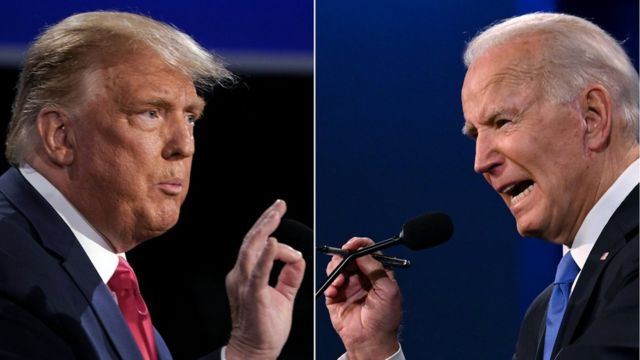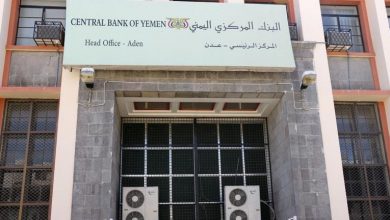
Yemen Monitor / Washington / Exclusive:
The US has designated the Houthi group in Yemen as a foreign terrorist organization, which does not cancel the previous administration’s decision to classify the Yemeni group specifically.
When Donald Trump placed the Houthis on the terrorist organizations list on his last day in office in 2020, they were classified as a Foreign Terrorist Organization (FTO) and a Specially Designated Global Terrorist (SDGT).
However, the administration of his successor Joe Biden revoked the designation on his first day in the White House, before reinstating the Houthis to the SDGT classification due to the attacks in the Red Sea in January 2024.
There are differences in terms of legal framework and impact, but the SDGT designation, despite its wide-reaching effect internationally, it is more flexible than the FTO designation, as it exempts humanitarian aid and related activities. This is in line with UN calls regarding humanitarian aid delivery and preventing a humanitarian disaster in Yemen, as this classification allows for a humanitarian space and financial transactions.
U.S. National Security Advisor Mike Waltz stated during a podcast with well-known right-wing media figure Ben Shapiro that Trump’s administration would “fix the matter” when asked about the Houthi designation, implying that the Houthis would be classified as both SDGT and FTO, as was the case in Trump’s decision that Biden revoked.
Classifying an organization under the INA law (8 U.S.C. 1189) means that the U.S. government considers this organization a foreign terrorist organization. This classification occurs when the U.S. Secretary of State finds that the organization engages in terrorist activities that threaten the security of Americans or the US. Upon classification, financial transactions involving the organization’s assets in the U.S. are prohibited, and its funds are frozen. The U.S. government begins scrutinizing any dealings with the Houthis both domestically and internationally related to domestic entities, in addition to freezing assistance.
Because the Houthis control densely populated areas, organizations and companies are compelled to interact with Houthi officials, which risks putting them under U.S. sanctions, limiting imports since Yemen relies on 75% of its basic needs on imports.




